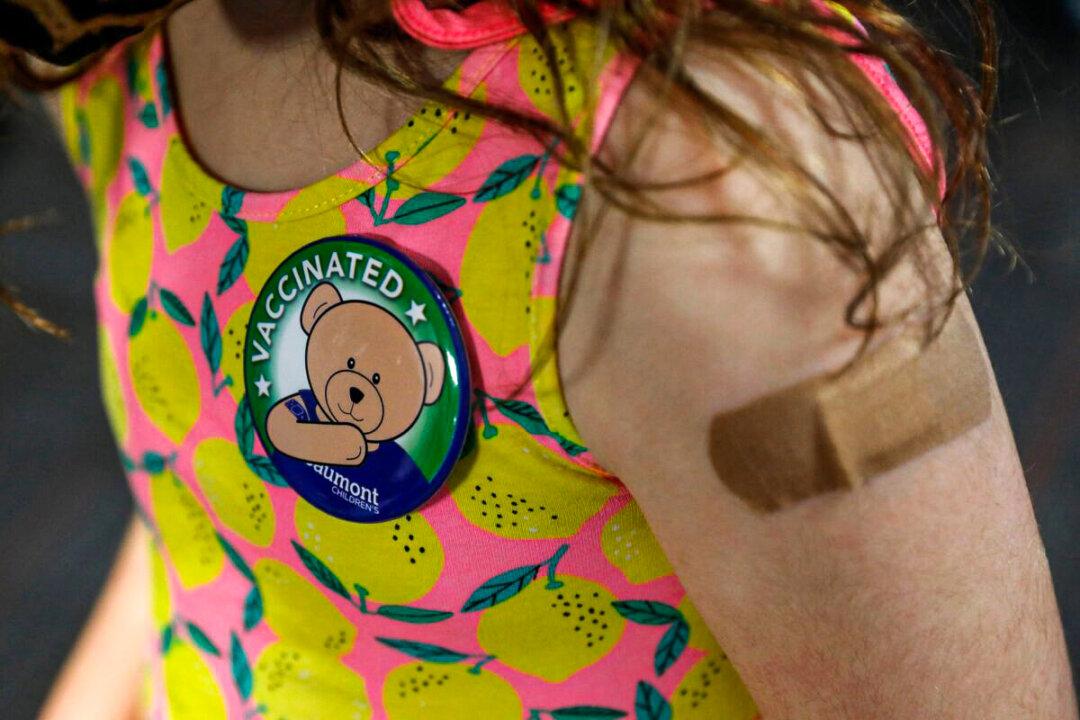The U.S. government and Pfizer reached an agreement to delay the U.S. regulatory decision on the company’s COVID-19 vaccine for children as young as 6 months old, Pfizer’s CEO said on March 13.
“We all agreed it’s better if we wait for the three doses to come out,” CEO Albert Bourla said on CBS' “Face the Nation.”





